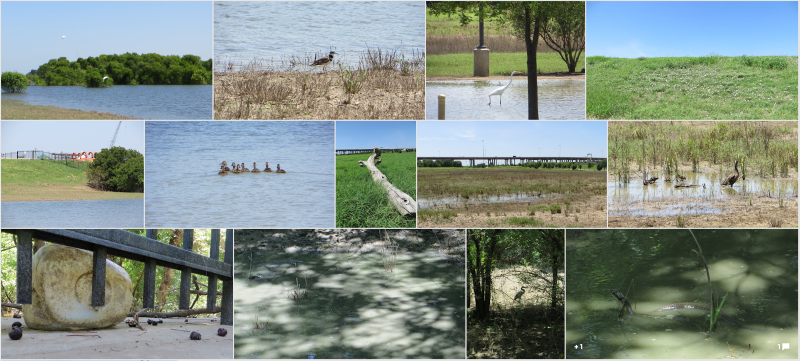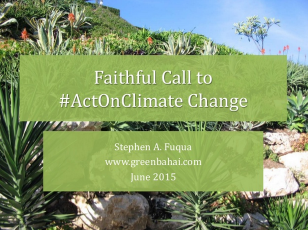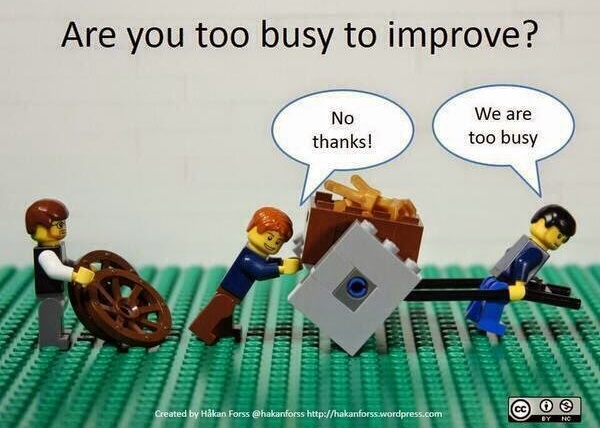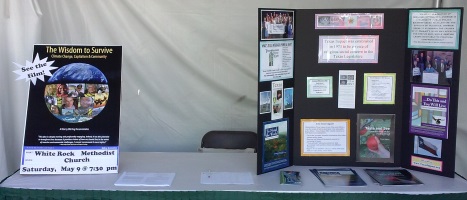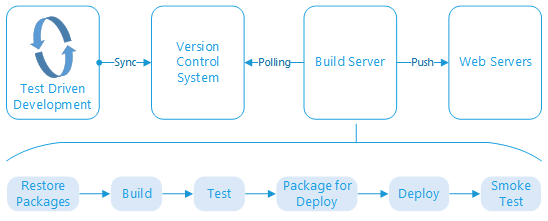Sam Houston Trail Park, After the Flood
The Elm Fork of the Trinity River has returned to its secondary banks at last and the Sam Houston Trail Park on the Campión Trail is once again accessible, after two months of flooding. Riding my bike there today, I managed to get a few good photos, which are posted on Google Photos. First six in the gallery are from last fall, but the rest are from today.
